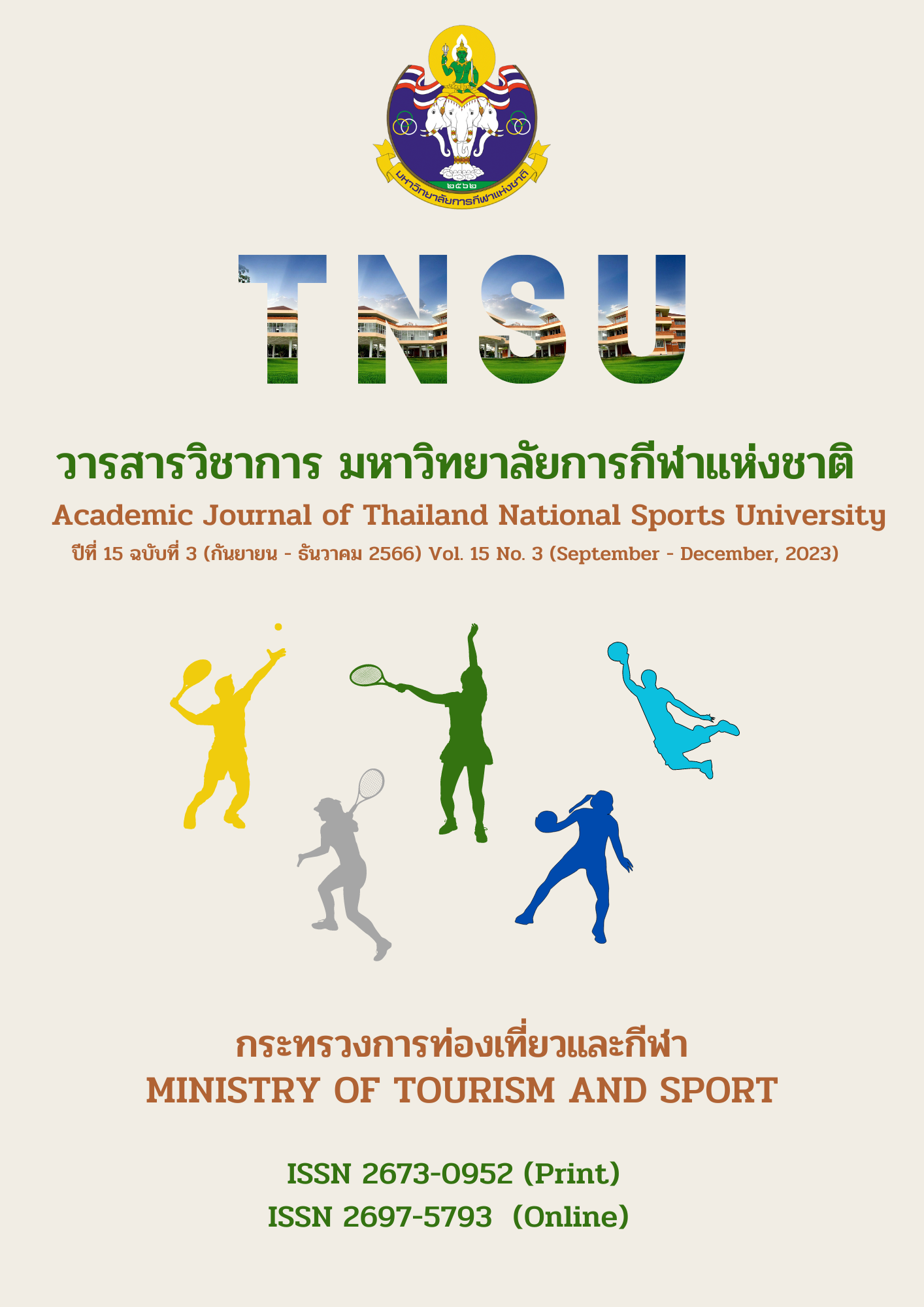PROGRESSION IN LEARNING ENGLISH OF PRIMARY EDUCATION WITH ORAL READING AND DIARY WRITING BASED ON THE CONCEPT OF SELF – DISCIPLINE
Main Article Content
Abstract
This experimental research aimed to study progress in lesson plans of learning English with oral reading and diary writing based on the concept of self - discipline, and to develop English teaching guidelines with oral reading and diary writing based on the concept of self-discipline. The research population consisted of 10 students at the 5th grade level from Samutprakan Islamic School. The research instruments were 1) lesson plans of learning English with oral reading and diary writing based on the concept of self – discipline, 2) oral reading and diary writing ability test 3) oral reading, diary writing and self - discipline progress assessment form 4) behavior observation form 5) interview of English teaching guidelines with oral reading and diary writing based on the concept of self - discipline. The collected data were analyzed by percentage, mean, standard deviation, effectiveness index and paired sample t – test.
The result of the study revealed that 1) the comparison of post - test of the 5th grade students in English oral reading and diary writing ability is higher than pre - test with statistical significance at the level of .05. 2) Self - discipline scores of the 5th grade students, assessed by work responsibility and submit assignments on time were at a good level ( = 4.60, S.D. = 0.97)
Article Details

This work is licensed under a Creative Commons Attribution-NonCommercial-NoDerivatives 4.0 International License.
The published article is a copyright of the Academic Journal of Thailand National Sports University. The passage appeared in each article in this academic journal is a perspective of each author which is not related to the journal. Each author is required to be responsible for all components of his/her own article. If there are any mistakes, each author must be responsible for those mistakes on his/her own.
References
Anchanida Wankong. (2016). English Teaching in the 21st Century. Journal of Yanasangvorn Research Institute Mahamakut Buddhist University, 7(2), 303 – 314.
Bailey, B. A. (2006). Conscious Discipline. Bangkok: Upad Inter.
Boonchom Srisa - Ard. (2010). Research for Teachers. Bangkok: Suweerivasarn.
Maream Nillapun. (2015). Research Methodology in Education. Nakhon Pathom: Silpakorn University Press.
National Institute of Educational Testing Service. (2020). Number and percentages of students classified by O - NET score range. Retrieved from http://www.newonetresult.niets.or.th/AnnouncementWeb/Login.aspx
Natpat Chanjavanakul. (2020). Practice English with writing a diary. Retrieved from https://kru-mon.com/2020/09/learning-by-journaling/
Office of the Basic Education Commission, Ministry of Education. (2019). Active Learning. Bangkok.
Office of the Education Council, Ministry of Education. (2017). The National Education Plan B.E. 2560 - 2579 (2017 - 2036). Bangkok.
Office of the National Economic and Social Development Board. (2018). National Strategy 2018 - 2037. Bangkok.
Pradit Pongket. (2014). The self - discipline that affecting to student’s achievement Under Prachinburi Education Service Area Office 2 (Master’s thesis), Burapha University.
Sakda Chaosakoo. (2013). The relationship between self - discipline and achievement of the 6th grade primary students in schools under Khon Kaen municipality (Master’s thesis), Loei Rajabhat University.
Sulaiman Baka. (2015). The construction of Mathematics programmed instruction on elementary data analysis for Mathayomsuksa Six Students (Master’s thesis), Burapha University.
Suryaman, Y. (2018). Improving students’ ability in writing recount text using diary at one of junior high school in Campaka – Cianjur. PROJECT (Professional Journal of English Education), 1, 43 - 48.
Woodruff, Moore, Forest, Digiammarino, Johnson. (1985). Working words in Spelling Level B-C. Toronto: D.C. Heath and Company.
Yavarian, M. et al., (2015). The effect of diary writing on learning grammar by intermediate Efl learners. Research Journal of English Language and Literature (RJELAL), 4, 184 - 188.


